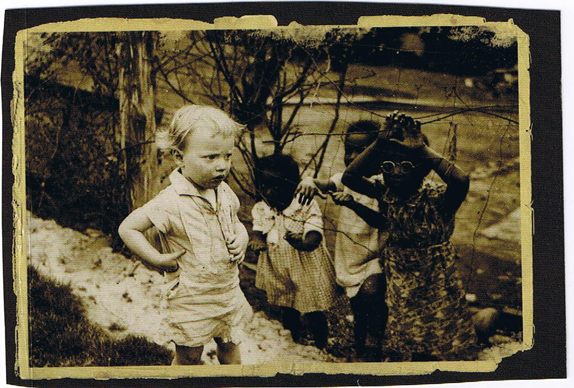A Segregated Charlottesville
An alum reflects on his student experience during the early ‘60s

Excerpted from Oglesby’s book:
In the early ‘60s, living in Charlottesville, Va., and going to the University was a surreal experience for somebody who had been raised in Japan in an international environment where racial origin was not an important consideration. I had attended a high school where the president of the student body had been black and where dozens of ethnic identities had been represented, from white Russian refugees to Hawaiians, Filipinos, Koreans and Germans. In those days of legal segregation in Virginia, the University was lily-white and the town was also governed by whites-only regulations that forbade the mixing of the races.
Sitting at lunch counters in local diners was forbidden to blacks, and the races were segregated in movie theaters, with balconies designated for African Americans and the downstairs orchestra sections reserved for whites.
Weekend football games were the highlight of the fall season. To me, they were strange events, with black spectators limited to seating in the end zones of the football field. From a vantage point of 50 years later, it seems incredible to me that such a society could have even existed; let alone present a veneer of happy contentment with seeming friendliness between the races and cheerful acceptance of second-class status by those who were discriminated against. I knew it was a charade when I met the only African American I would know socially during those years. She was a student at a black college outside of town and the girlfriend of a white classmate. They met clandestinely in his apartment in the evening.
One night I was invited to his place for dinner. She had promised to cook smothered chicken, a dish that my friend had raved about, something only found in homes and not in restaurants. I arrived at his place on time and was surprised to see that his windows were dark. Had I come on the wrong evening? I climbed the stairs to his floor, and when I knocked, the door was opened immediately by my friend. “Come in quickly!” he said with urgency.
I entered and noticed the black curtains drawn over his windows and he explained, “We have to do it this way. Otherwise there would be trouble for Deenie.” We had our dinner and enjoyed each other’s company. But when I took my leave and they bid me good night, I saw fear and sadness in their eyes.
For me, life at the University of Virginia was sweet. There was the Farmington Country Club for weekend relaxation and golf, and polo games at Brook Hill Farm, my uncle’s estate on the outskirts of town. Fraternity parties were a weekly event, with young lovelies imported from the women’s colleges down the road. Classes were reasonably interesting and not too demanding, and from time to time there would be appearances by well-known people like William Faulkner, who came to the University one spring to deliver a series of lectures. Another famous visitor was Ralph Bunche, the African-American assistant secretary general of the United Nations who came to give a talk on his work in the world of diplomacy and international relations.
The touchy matter of Virginia’s segregation laws and how they would affect Dr. Bunche were side-stepped when he was offered overnight accommodations in the president’s house and entertained on campus, saving this world-renowned figure the humiliation of being refused service in one of the local greasy spoons.